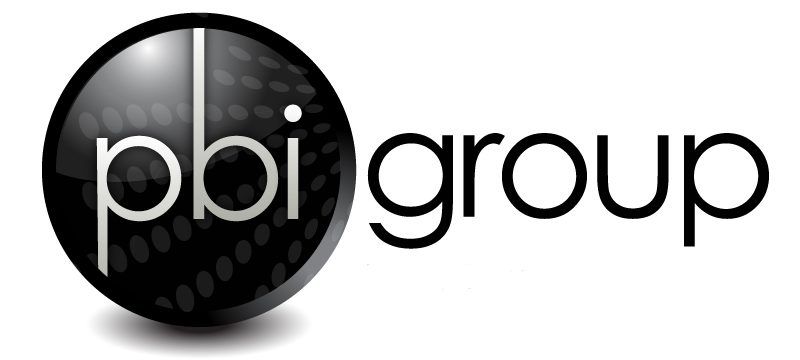Real estate agents may take on more responsibility and significant liability risks than they might realize upon entering the profession. For example, if an agent lists a house for sale without disclosing that previous occupants cooked meth in it, they could face liability. Real estate agents must provide full disclosure to the buyer.
Although these sales do not happen daily, they do represent health dangers to new occupants when they do. Also, it presents disastrous professional liability risks to agents involved in the sale.
The Claim
A residence’s buyers found contamination in their new home due to its prior use as a methamphetamine laboratory. The real estate agent did not disclose this information during the property sale, and the owners found out after closing.
The homeowners are taking legal action against all involved. Their lawyer has formally sent notice to realtors and others implicated to preserve any evidence. This evidence includes notes, photographs, videotapes, quotes, bids, contracts, invoices, files, correspondence, statements, or other related textual or visual recordings. The obligation includes any information held by agents or contractors hired to work at the property. The legally binding Spoliation letter demands records for and not limited to surfaces tested for contamination, including walls, ceilings, floors, doors, and HVAC systems. All testing and repairs completed within one year need to be submitted.
Buyers are in the process of getting bids from contractors to remedy the situation. However, since it is considered a contaminated clandestine drug lab, no one is permitted to enter the crime scene. Thus, further delays to the remediation and the property’s availability to the plaintiffs will increase their expenses and pain and suffering, further raising final settlement costs.
What Went Wrong
Attention to the details is important yet many are still unknown. So, who did what, and the conditions of the house before and during the sale are unclear. The buyers trusted their agent, who, in turn, relied on the seller’s agent to provide critical information about the home’s history. No inspection reports alerted potential problems related to the house’s previous use as a meth lab. And no one did any independent testing to uncover meth contamination in the home.
How Does One Buy a Meth House and Not Know It?
When you read the warnings on spotting a meth house, you wonder how it ever happens, unknown to the buyers and their agent. There are so many red flags with most meth houses that are nearly impossible to hide. The most obvious are:
- Solid and unpleasant odors.
- Strange behavior and traffic patterns of occupants and visitors.
- Unusual amounts of odd trash.
- Blackened windows.
- Heightened security measures at the residence.
These are among the primary indicators of a meth lab’s activity but not all meth houses look like a meth house. See the picture of the actual meth house kitchen below.

Lacking details, one can speculate if the owners were clueless about the criminal activity. Regardless, the sellers failed to mention any apprehensions or concerns to their listing agent, who chose to take the listing at face value. Additionally, the buyer’s agent and an inspector they hired missed the contamination, thus leaving the homeowners to fend for themselves.
Agents Beware
This situation is a cautionary tale for both listing and buyers’ agents to heighten their awareness and protect themselves from any indication of misuse and potential issues with meth and other drugs in their transactions. If an agent has a suspicion about a property, Walmart and Amazon offer affordable Methamphetamine Surface Drug Detection Kits. They come with a mobile app that makes getting a report with results easy. The tests are an affordable first line of defense against taking risky listings or sales when there is the most remote indication of meth lab use.
If you suspect but don’t act the cost can be considerable, for example, agents with professional Errors and Omissions Insurance will avoid out-of-pocket remediation costs that can run $30,000 or more to make a former meth house livable, plus court, legal defense, and settlement fees. No sale is worth risking the health of the new buyers. Also, it could damage the agent’s reputation and financial well-being when the homeowners file liability insurance protection claims against them.
Interested in PBI Group generating an E&O insurance quote for your real estate agency? Click here.






